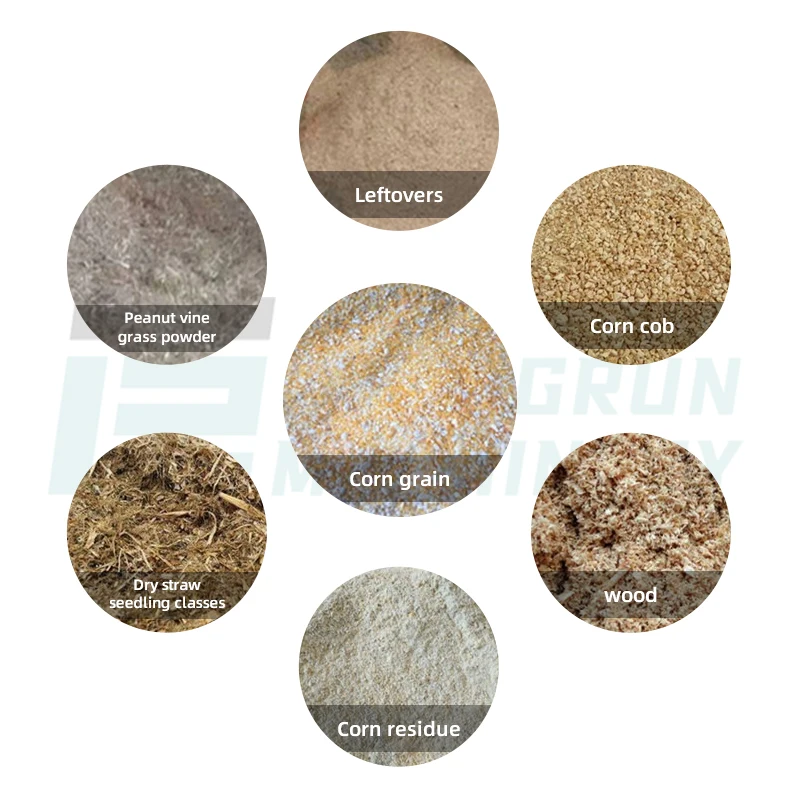Small Scale Fish Feed Production Equipment for Home or Business Use
Desemba . 05, 2024 22:21 Back to list
Small Scale Fish Feed Production Equipment for Home or Business Use
The Mini Fish Feed Making Machine A Game Changer in Aquaculture
In the ever-evolving world of aquaculture, the demand for efficient, high-quality fish feed has risen dramatically. To meet this need, innovative solutions have emerged, with the mini fish feed making machine standing out as a particularly advantageous option for small-scale fish farmers and hobbyists alike. This article will explore the various features, benefits, and potential applications of mini fish feed making machines, providing insights into how they are transforming the fish farming industry.
Understanding Mini Fish Feed Making Machines
A mini fish feed making machine is a compact device designed to produce fish feed pellets on a small scale. These machines typically utilize ingredients like fish meal, soybean, corn, and various vitamins and minerals to create a balanced diet for different fish species. The process involves grinding the raw materials, mixing them with water and other nutrients, and then extruding them into pellets that can be easily consumed by fish.
These machines vary in size and capacity, making them suitable for small farms, home aquariums, or even educational purposes in schools. Their user-friendly designs often allow for easy operation and maintenance, making them attractive for both experienced aquaculturists and novices.
Benefits of Using Mini Fish Feed Making Machines
1. Cost-Effective Production One of the most significant advantages of mini fish feed making machines is their ability to produce fish feed at a lower cost compared to purchasing commercial feed from suppliers. By sourcing raw materials locally, fish farmers can significantly reduce their overall feed expenses.
2. Customization Every fish species has unique dietary requirements. With a mini fish feed making machine, farmers can customize their feed formulations to meet the specific nutritional needs of their fish, whether they are raising tilapia, catfish, or ornamental species. This level of customization can improve growth rates and overall fish health.
mini fish feed making machine

3. Quality Control Producing feed in-house allows farmers to maintain strict quality control over the ingredients used. This not only ensures that the feed is fresh and of high quality but also helps avoid harmful additives often found in commercial feeds.
4. Eco-Friendly Production Many mini fish feed making machines are designed with sustainability in mind. By using locally sourced ingredients and minimizing waste, fish farmers can produce environmentally friendly feed that reduces their carbon footprint.
5. Versatility These machines are not limited to producing feed for fish alone. They can also be used to make feed for other aquatic animals, such as shrimp and crabs, as well as pets like dogs and cats. This versatility opens up additional revenue streams for small-scale producers.
Applications in Aquaculture
The applications of mini fish feed making machines are vast and varied. Small-scale fish farms can utilize these machines to produce the feed they require without relying on external suppliers, thus ensuring a steady supply. Hobbyists can create custom feeds for their aquariums, enhancing the health and longevity of their fish.
Furthermore, educational institutions can incorporate these machines into their aquaculture programs, providing students with hands-on experience in fish feed production and aquaculture management. This practical knowledge can help foster a new generation of aquaculture professionals.
Conclusion
The mini fish feed making machine represents a significant shift in the aquaculture landscape, enabling small-scale farmers and hobbyists to take control of their fish feed production. With benefits including cost savings, customization, quality control, and eco-friendliness, these machines are paving the way for more sustainable and profitable aquaculture practices. As the demand for high-quality fish feed continues to grow, investing in a mini fish feed making machine may very well be the key to success in the aquaculture industry.
-
High Performance Exhaust Fan – Efficient Ventilation Solutions for Home
NewsJun.10,2025
-
High-Quality Gestation Pen for Sows Durable Mobile Pig Pen & Simple Pig Pen Solutions
NewsJun.10,2025
-
High Quality Rabbit Cage Double Tier Designs & Welded Wire Mesh Supplier
NewsJun.10,2025
-
Floating Fish Feed Machine - High Efficiency Floating Fish Feed Extruder for Small Scale Production
NewsJun.10,2025
-
Premium Poultry Housing Solutions Mobile & Commercial Free Range Options
NewsJun.10,2025
-
Industrial FRP Fans Corrosion-Resistant Blades & Centrifugal Systems
NewsJun.09,2025






